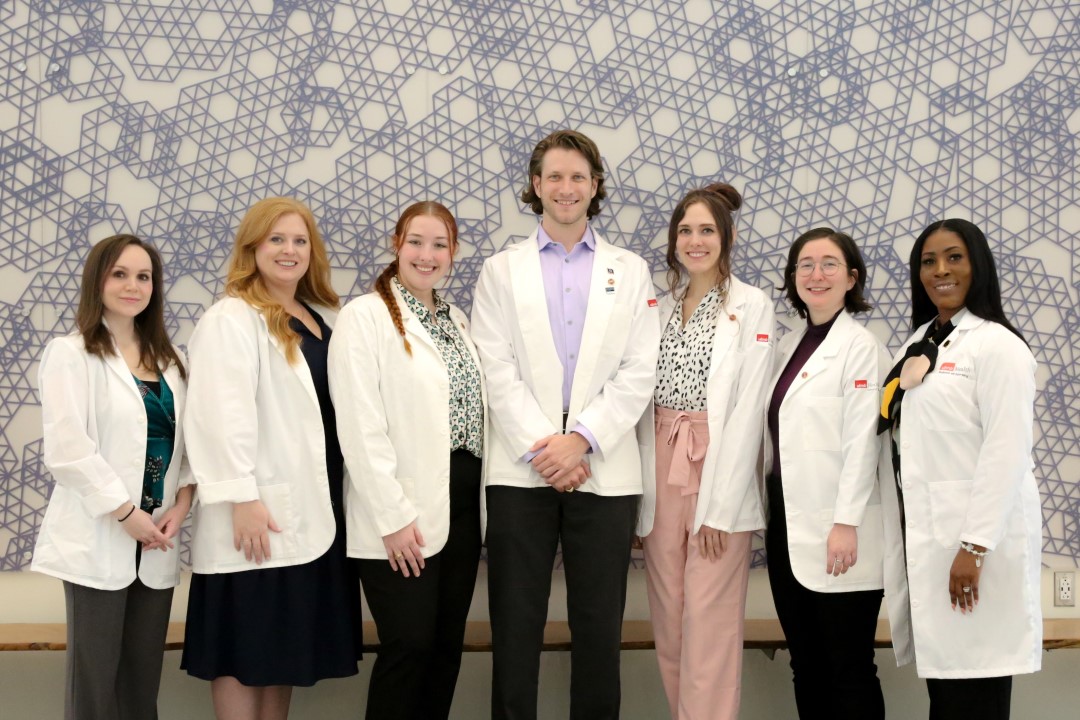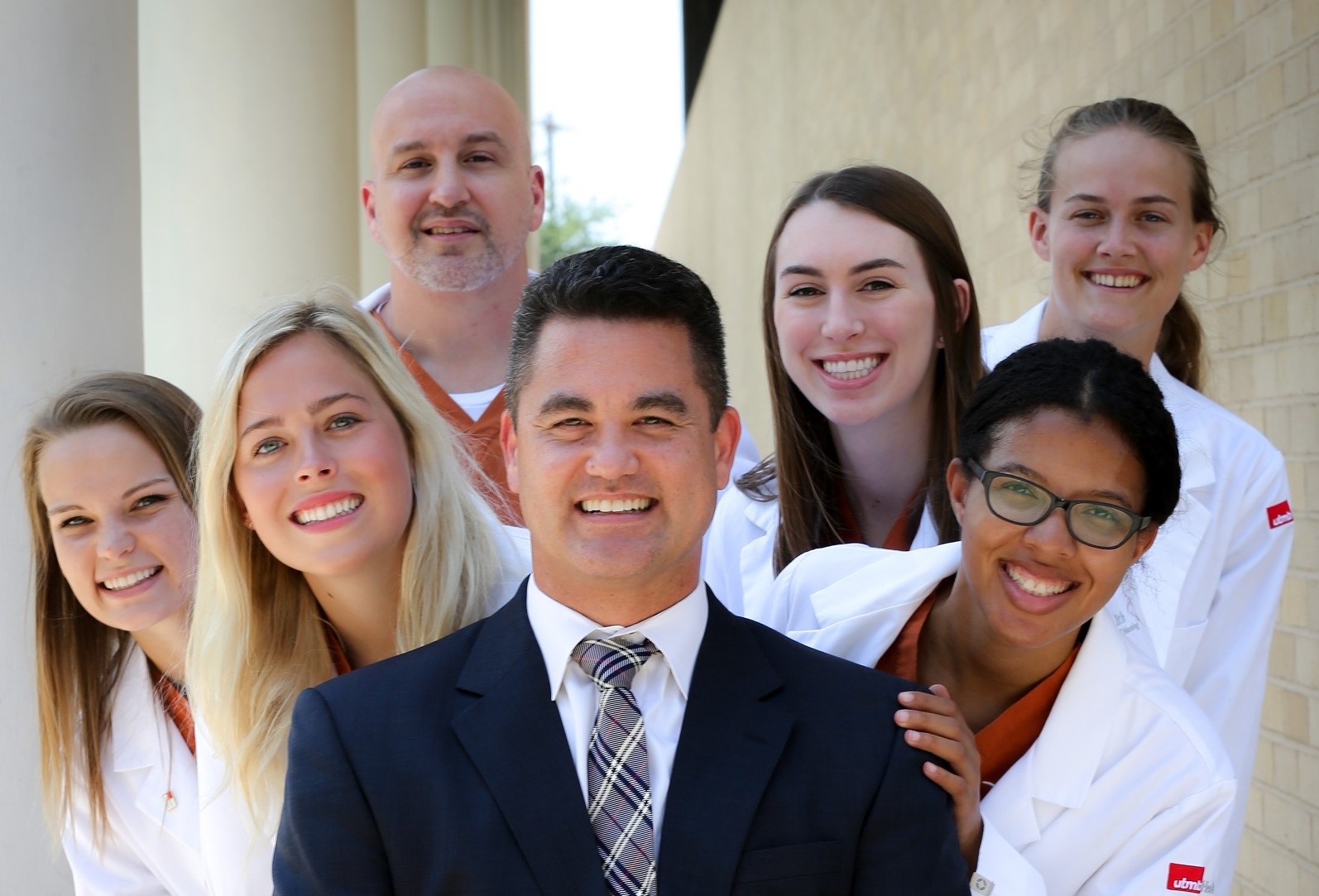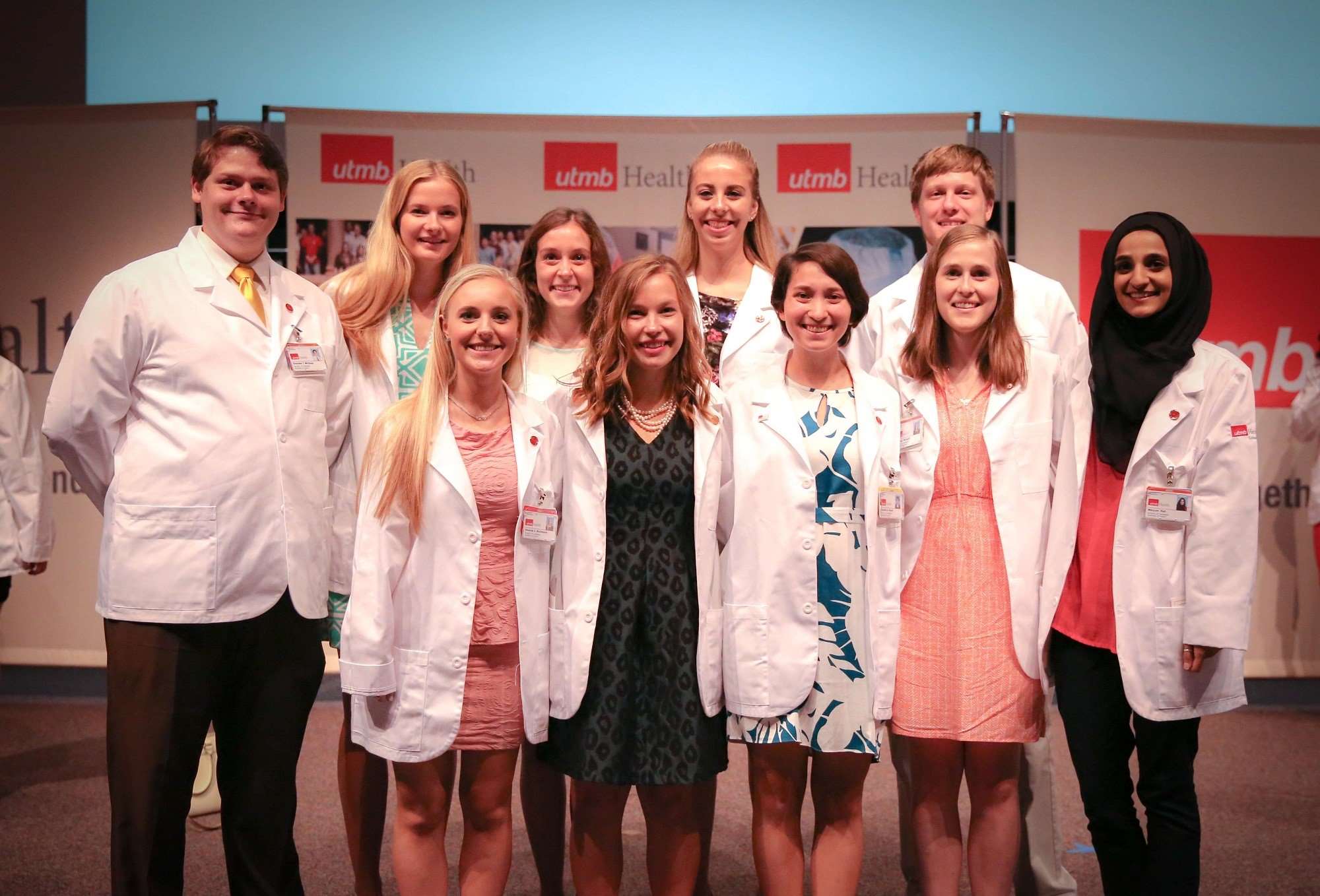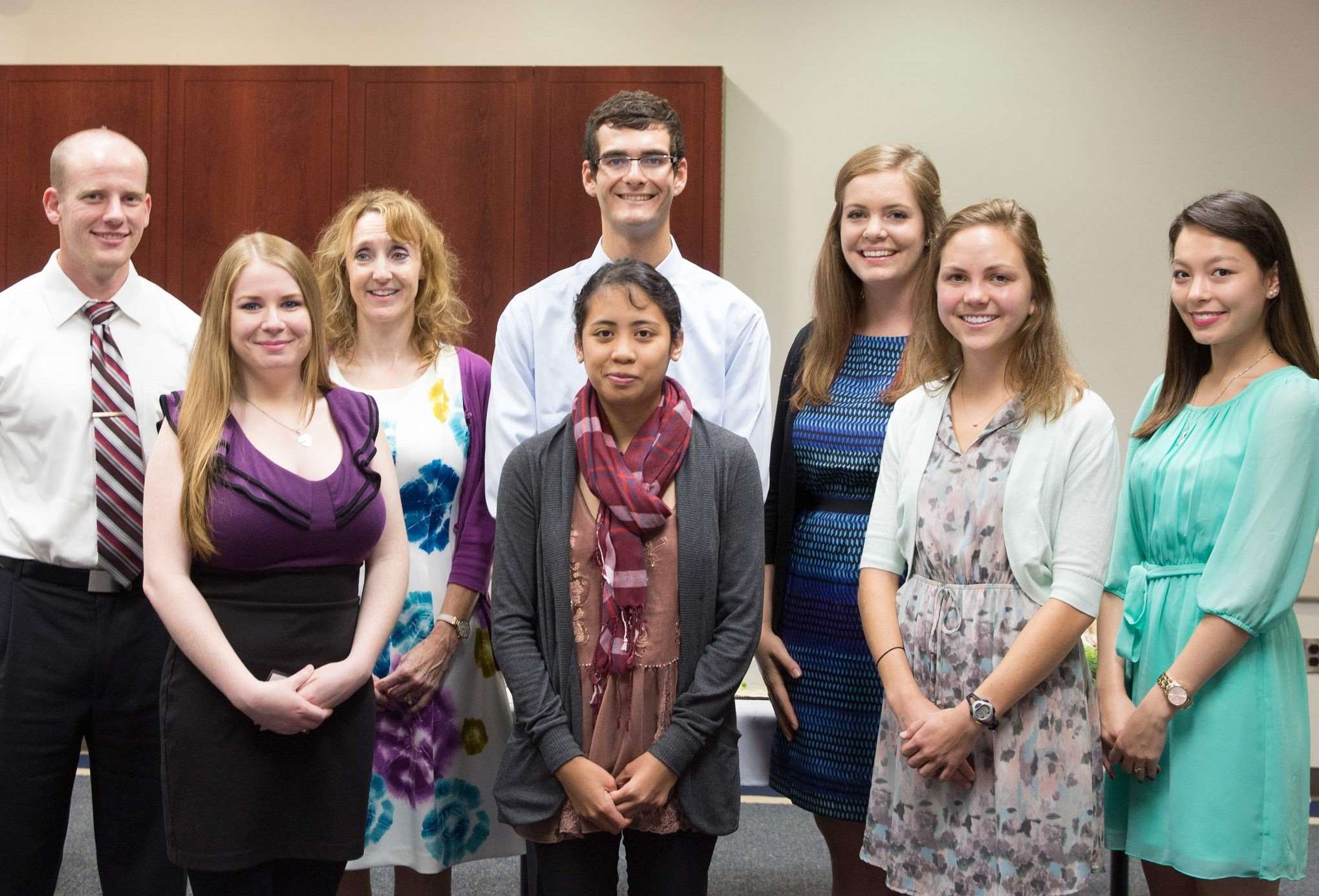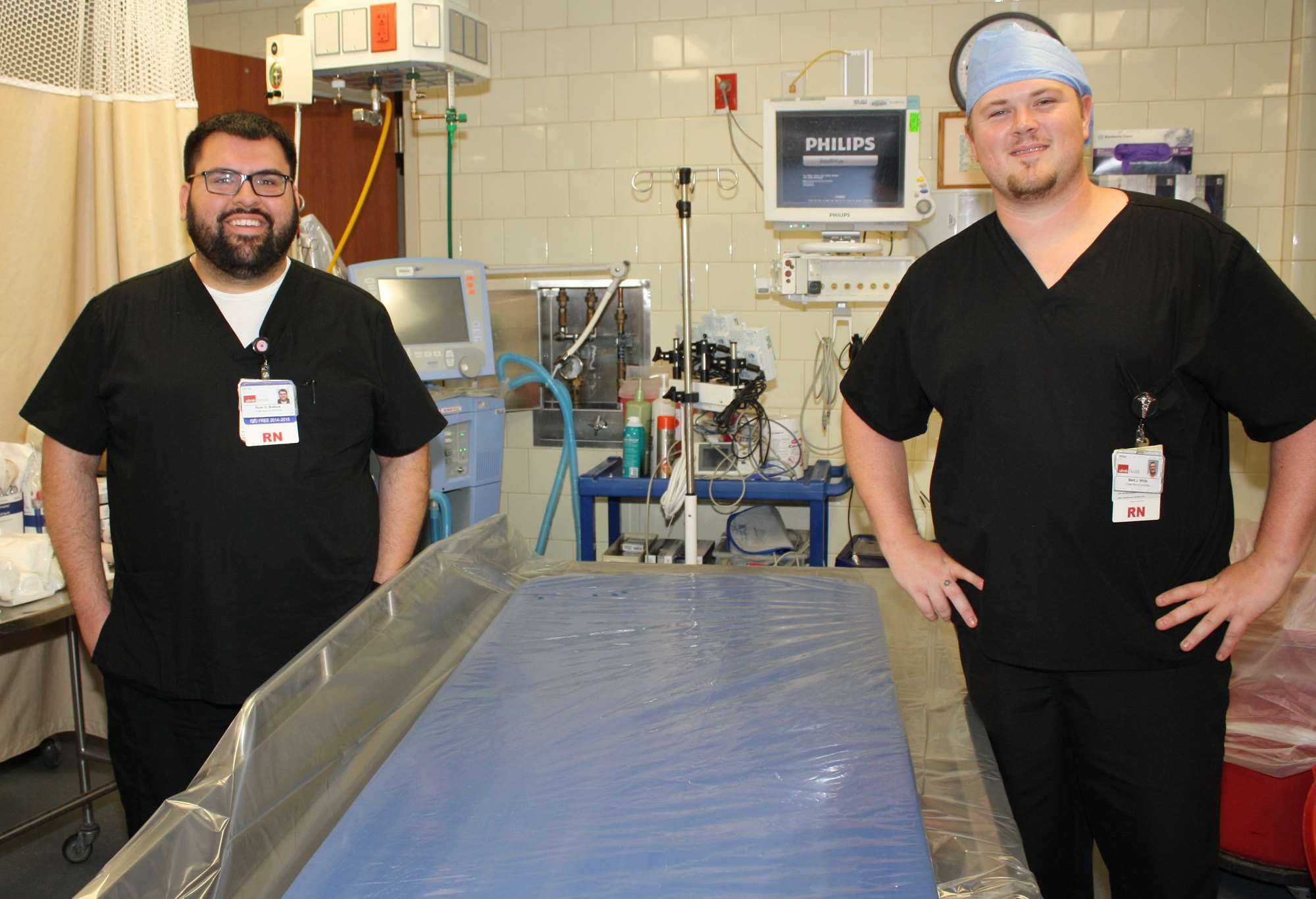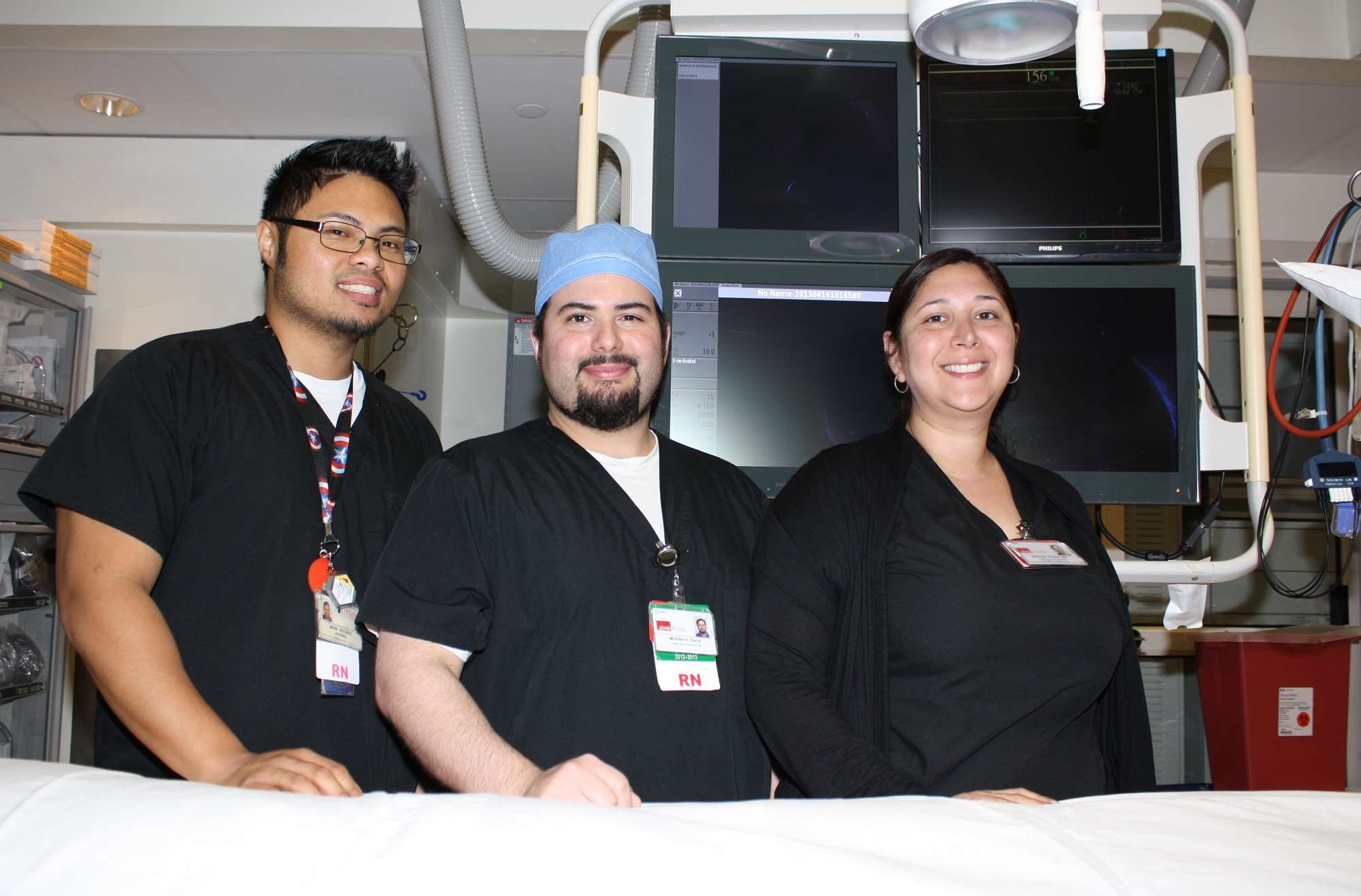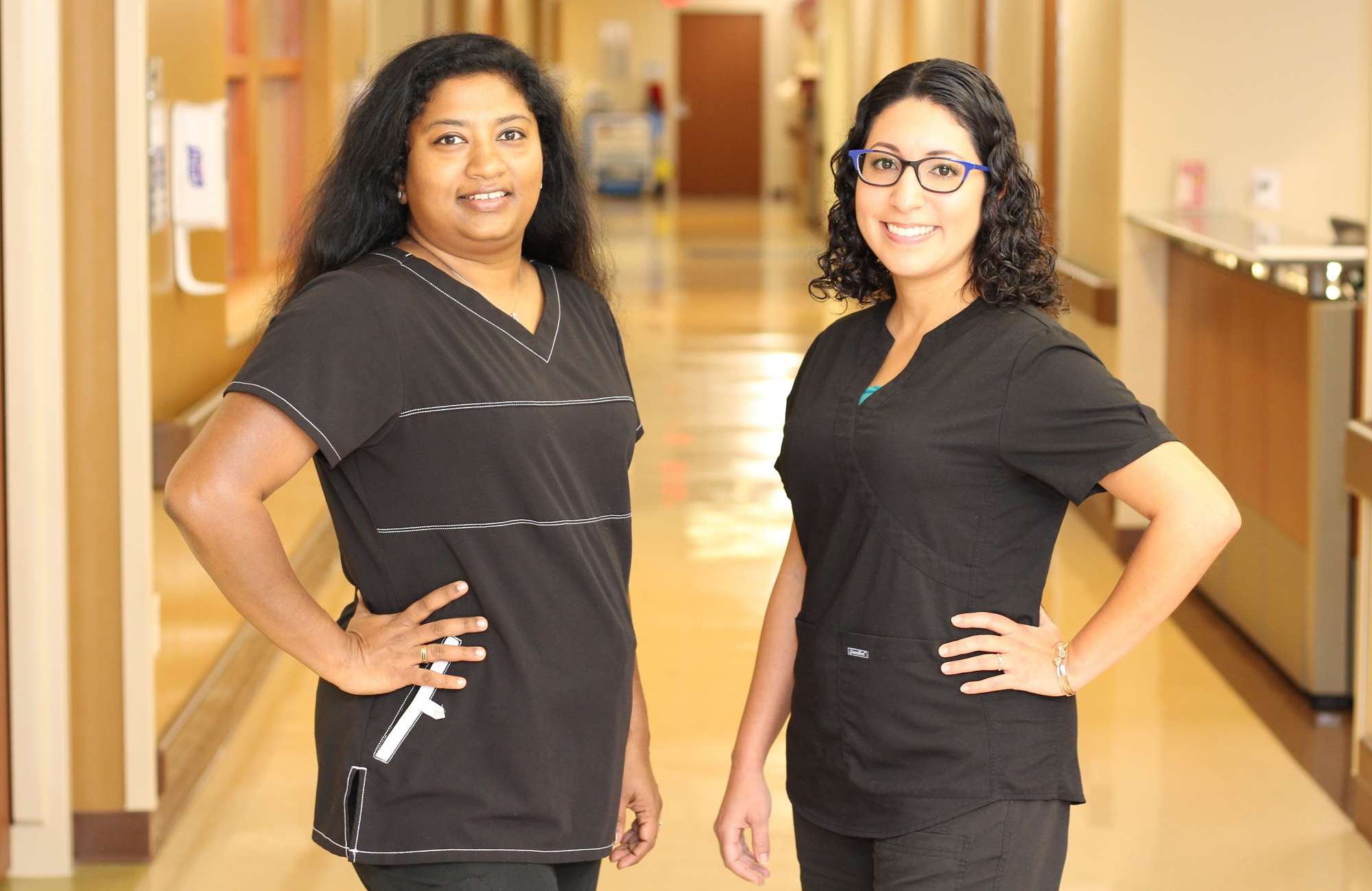Bachelor of Science in Nursing Programs
Developing leaders for tomorrow's health care!
Our BSN graduates are widely sought after because they are prepared to practice as professional nurses - indispensable members of interprofessional health care teams. Graduates are skilled in providing patient-centered care and are developed to become leaders in health care.
Excellence in nursing education.
BSN Traditional Program
Four (4) consecutive semesters taught on-campus & at various clinical sites in the Galveston & Greater Houston area, including the Texas Medical Center, preparing students to become competent registered nurses giving patient-centered care.
BSN Honors Program
The BSN Honors Program includes three (3) co-curricular tracks for qualifying students in our BSN program. Each track will be specific to the semester in which the student enrolls. Tracks provide Scholars unique opportunities to engage in specialty areas with experts in the nursing field relative to the track mission.
RN to BSN Program
Designed specifically for licensed registered nurses (RN) seeking a Bachelor of Science in Nursing (BSN). We recognize the skills & accomplishments of nurses prepared at the Associate Degree level & offer a streamlined approach for earning a BSN in only two (2) semesters.
BSN Program Outcomes
The School of Nursing strives to improve the health of diverse populations in Texas and around the world by advancing nursing excellence through leadership, practice, education, research, and service. The faculty and graduates of UTMB SON value an environment of compassion, respect and the highest standards of integrity and accountability to promote and nourish the development of nursing innovation, scholarship, research, and practice through lifelong learning among all students, faculty and staff through community collaboration and partnerships.
A successful graduate of our Bachelors of Science in Nursing Program at the UTMB School of Nursing will demonstrate the following:
Apply knowledge gained from nursing science as well as natural, physical, and social sciences to form the basis for the professional practice of nursing in a variety of care settings.
Utilize a variety of state-of-the-art technologies and communication techniques to deliver evidence-based, collaborative, and developmentally appropriate nursing care.
Analyze community needs to address the varied needs of populations at the local, regional, and global levels.
Develop a collaborative evidenced based practice that incorporates the highest ethical nursing standards in the nursing care of a culturally diverse society.
Utilize national patient safety and quality improvement strategies to reduce risk and prevent harm in providing patient-centered care in all healthcare settings.
Combine the principles of communication and collaboration working with interprofessional healthcare teams to create high quality mutual healthcare goals.
Analyze the impact of health policy, finance, and regulations using evidence-based methodologies to address complex health problems and ensure quality patient care for diverse populations.
Apply information and communication technologies to support documentation of the nursing process to maintain safe nursing practices and adhere to standards of care.
Develop a sustainable professional identity that incorporates ethical, personal and professional behaviors to provide equitable healthcare to diverse communities.
Formulate a self-reflective leadership style that fosters resilience and well-being in the management and coordination of nursing care.
Meet Our Staff










